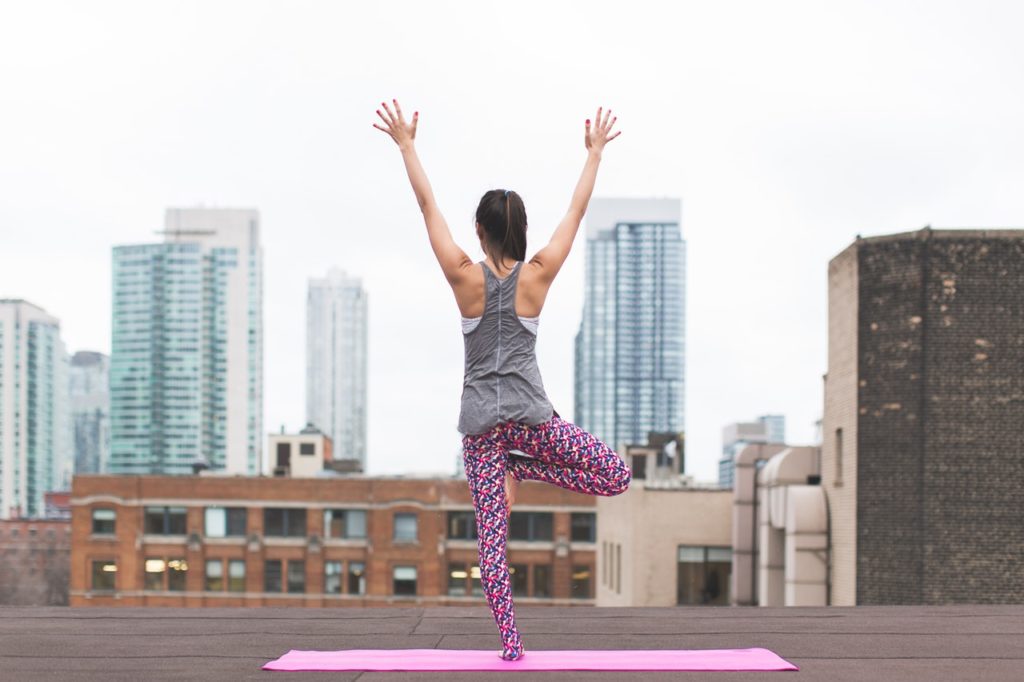With the way the world is going, many of us are making the decision to have our children later – many choosing to wait while they build their careers or satiate their wanderlust.
Some do it because of health and some wait for what they feel is the right time.
The wait can sometimes cause fertility issues due to age, prolonged use of contraception or lifestyle choices. But medical advances and more informed advice from our medical professionals have given us insight into better preparing ourselves for conception.
Mummyfique asks Dr Arthur Tseng, a consultant Obstetrician and Gynaecologist at Gleneagles Hospital about fertility.

What Should A Woman Do To Prepare Herself For Conception?
CHECK UP Before a woman embarks on this life-changing journey, she does need to get prepared for it. My advice to all couples is that it is a good thing to get oneself checked out first – so please visit your gynaecologist, who will discuss various aspects of gynaecological health, family history of pertinent medical conditions, and any past pregnancy experiences. Your gynaecologist will likely perform a series of examinations, ultrasound scanning and certain laboratory tests as required.
IMMUNISATIONS Being up to date with one’s immunisations is important, especially Chickenpox, German measles, and Hepatitis B (if one is living in South East Asia for a period of time).
MEDICAL CONDITIONS In patients with certain chronic medical conditions, such as Diabetes Mellitus, Hypertension or Thyroid issues, special care wrt medications and dosage levels safe for conception and pregnancy should be discussed. And for this, patients will frequently be co-managed with their medical specialist when they are pregnant.
Other health concerns include visiting your dentist for a check-up, as Gum disease increases the risk of Preterm Labour and delivery.
EXERCISE Regular exercise is always important, as being fit for the pregnancy and delivery reduces aches and pains, and makes delivery easier as a general rule.
DIET Diet should include a healthy balance of lean protein, lots of vegetables and fruits, and whole (unrefined) grain foods; with some healthy dietary fat. So please don’t have McDonald’s every day! This is to obtain adequate amounts of iron, calcium, essential vitamins and trace minerals.
FOLIC ACID Typically, your gynaecologist would prescribe peri-conceptual Folic acid supplements, to reduce the risk of Neural Tube Defects (Spine Bifida).
SMOKING & ALCOHOL Smoking and alcohol drinking, unfortunately, become no-no’s when one is trying to conceive! There is excellent data showing that both habits reduce the chance of successful conception, and increases the risk of miscarriage, stillbirths, preterm labour/delivery, low birthweight babies, and possible birth defects!
CAFFEINE Moderate consumption of caffeine, e.g. one or two cups of coffee a day, is safe for pregnancy (the limit being 200 mg caffeine in a day). So for the caffeine addicts out there, there is time to cut down on the amount of caffeine one consumes when trying to conceive.

Are There Precautions The Man Should Be Taking As Well?
The man in your life making this baby with you also has a major part to play! Since up to 40% of couples with fertility issues stem from a male factor. So, there is a need to maximise the number of healthy swimmers he produces; and surprisingly, many things a woman does to prepare for pregnancy also applies.
DIET Healthy eating with lots of lean protein, loads of fruits and vegetables, whole grains, some healthy fats all contribute to lots of vitamin C and E, zinc, selenium and folic acid.
MEDICATION If he takes chronic medications, some can affect erections or even sperm quality and should be reviewed by his own doctor and changed if possible.
SMOKING & ALCOHOL Smoking cessation and lessening alcohol consumption all help to improve sperm counts and quality.
EXERCISE One exercise that a man should not do too much of is bicycling intensively. The repeated trauma from the bicycle seat can affect sperm quality and even cause impotence! Keeping trim, with a body mass index (BMI) between 20-25, appears to optimise sperm counts and quality; as opposed to being overweight and obese. So regular exercise is likely to benefit semen production!
UNDERWEAR And lastly, sperm production is enhanced by a cooler environment; so instead of wearing briefs, try wearing boxers or else let it all hang out. And definitely, do not balance a laptop on one’s lap! The heat may adversely affect sperm production.
How Long After Trying Should A Couple Seek Help For Fertility Issues?
It generally takes about four to six months of conscientious trying before a pregnancy occurs, with 85 – 90% of couples getting pregnant after one year of active trying.
Couples should consider getting checked out for fertility issues after actively trying for one year without any success. It is, however, important for ladies with chronic medical conditions – endometriosis, polycystic ovarian syndrome (PCOS), previous pelvic surgery and so on – to seek early consultation.

My Husband Has One Testicle, Does That Mean He’s Less Fertile?
Having just one testicle is most likely not going to affect fertility. In most cases, the remaining testicle will ramp up sperm production and the male hormone, testosterone, to compensate. If in doubt, a human semen analysis (HSA) may be performed to check your husband’s sperm count.
If you have a question for our good doctor, please email us at [email protected]
Dr Arthur Tseng is a consultant Obstetrician and Gynaecologist, who sub-specialises in Urogynaecology and Pelvic Reconstructive Surgery at Gleneagles Hospital. He completed his basic medical and professional degrees in the United Kingdom and underwent further training in his subspecialty interest with world renown Urogynaecologist, Professor Linda Cardozo, at King’s College Hospital, London.















